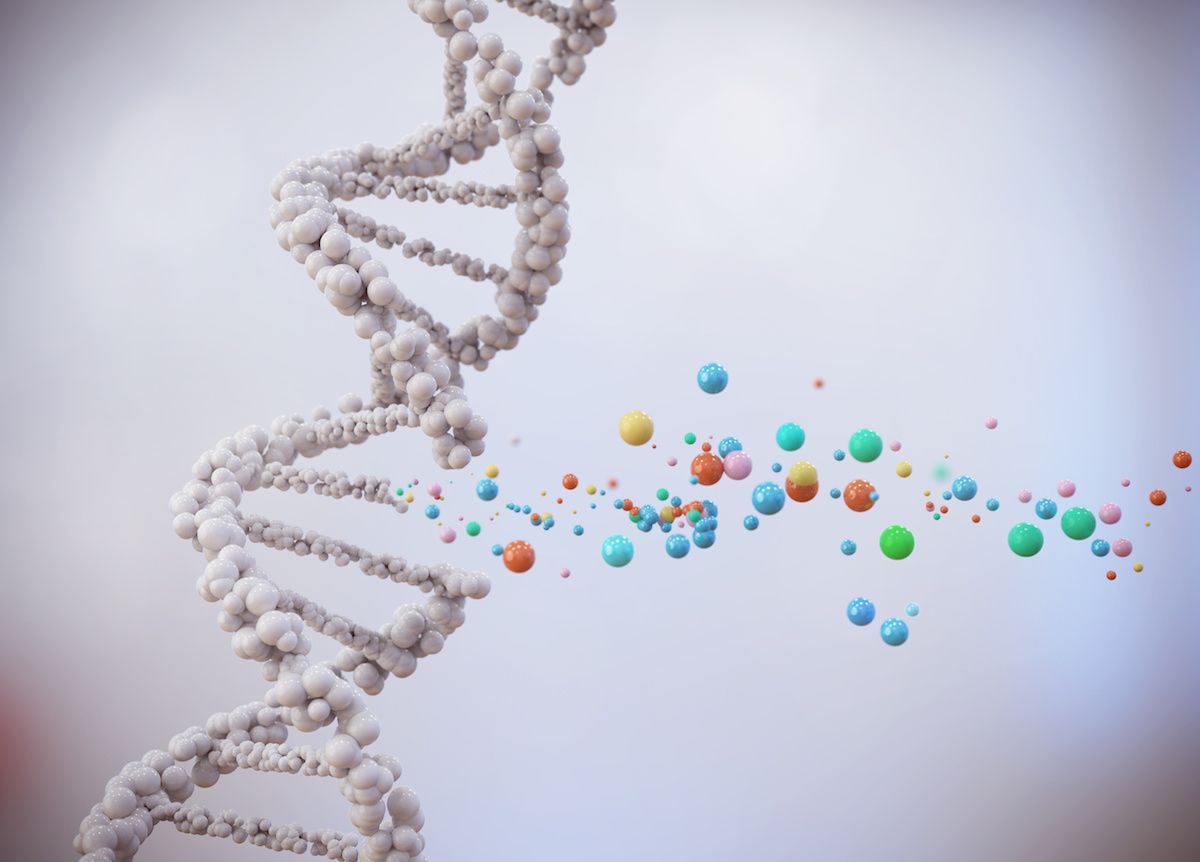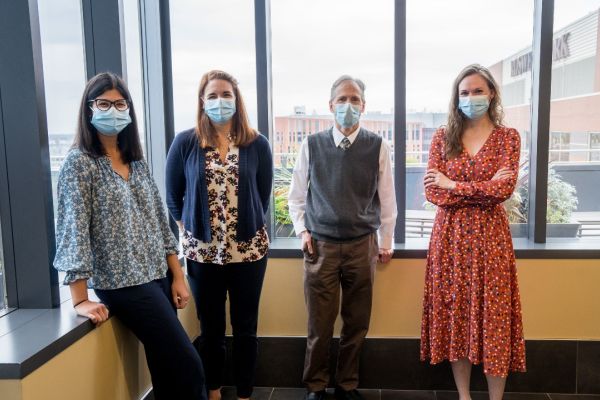If you’ve had genetic testing in the past, recent discoveries and newer testing panels may offer better information now
Due to continual advances, some people will actually have genetic testing done multiple times in their lives. Sometimes we learn about additional genes associated with hereditary risk for cancer; other times our technology improves and we can provide more in-depth analysis. For breast cancer survivors who already had genetic testing once (or twice!), this often leads to the question: How do I know if I need to be screened again?
The answer is complicated but these general guidelines can be helpful. Consider updated genetic testing if your:
- previous testing only included the BRCA1 and BRCA2 genes.
- previous testing was prior to 2015; or
- personal or family history of cancer has changed significantly.
Often the best approach to determining if you qualify for updated testing is to either contact the healthcare provider who ordered your previous testing or ask your doctor. If you previously had genetic testing at Roswell Park Comprehensive Cancer Center, you can contact our Clinical Genetics Service directly at (716)-845-8400 to explore whether updated testing is indicated for you.
For those individuals who undergo updated testing and have a positive result, meaning an inherited mutation was identified, that information can help some breast cancer survivors to not only better understand why they developed cancer, but it can also inform them of risk for additional cancers in the future, allowing their doctors to personalize their cancer screening and risk management. Additionally, this information can be impactful for family members who might also have the same inherited mutation. We strongly encourage blood relatives of individuals who have had a positive genetic test result to pursue their own genetic counseling, with or without testing.
Breast Cancer Risk Assessment & Prevention
Roswell Park’s High Risk Breast Cancer Program can help assess your personal risk for breast cancer, and provide you with a path forward for ongoing exams, surveillance, and preventive options.
Online Risk Assessment Form


